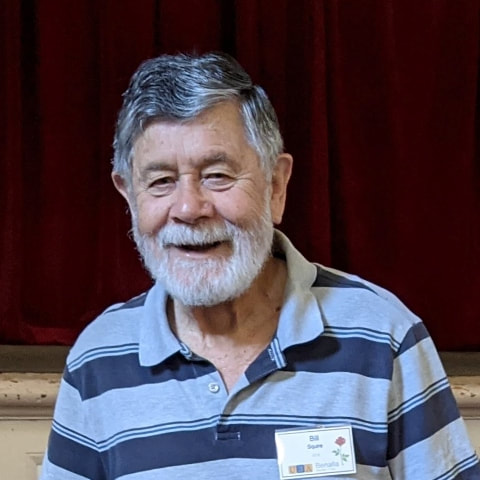Austrian-American composer Arnold Schoenberg thought Brahm’s 1st Piano Quartet was something of a “mistake” because the piano tended to overwhelm the other instruments. 70-plus years after the event he decided to do something new with it by arranging it for Orchestra so that the other instruments could be heard. Schoenberg’s transcription has been variously described as a “masterpiece” and as “an over-rated travesty”.
Antonin Dvorak began his working life as a butcher. At the age of 13 he was inducted into the Butcher’s Guild of Zlonice. Thankfully for us, and audiences the world over, his musical talent shone through and he changed career path. in 1889 he was inducted into the Bohemian Academy of Science, Literature and Arts. His 8th symphony was composed in celebration of his election.
These compositions were the prime focus of our June sessions. More detail and description of other works plus links to the recordings played are available below.
Bill Squire.
Session Notes
Glinka - Overture Ruslan and Ludmilla
Brahms - Piano Quartet No. 1
Tchaikovsky - The Seasons (Complete)
Telemann - Flute Concerto in D
28th June
Session Notes
Schumann - Manfred Overture
Dvorak - Symphony No.8
Schumann - Piano Concerto




